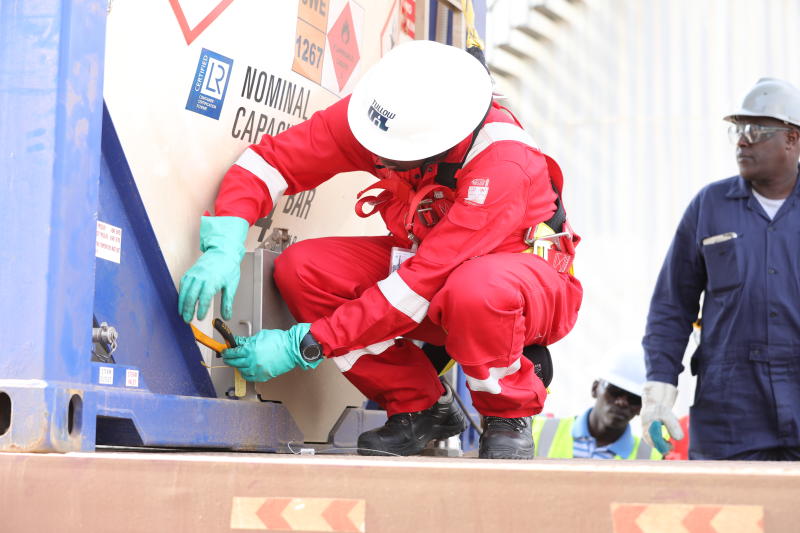×
The Standard e-Paper
Home To Bold Columnists

The Government will not invest any money in the Turkana-Lamu crude oil pipeline, with the companies that are exploring for oil expected to source for funds to construct the line.
The 900-kilometre pipeline is projected to cost Sh100 billion, although a consultant is currently undertaking preliminary designs that are expected to inform the shape that it will take as well as the cost.